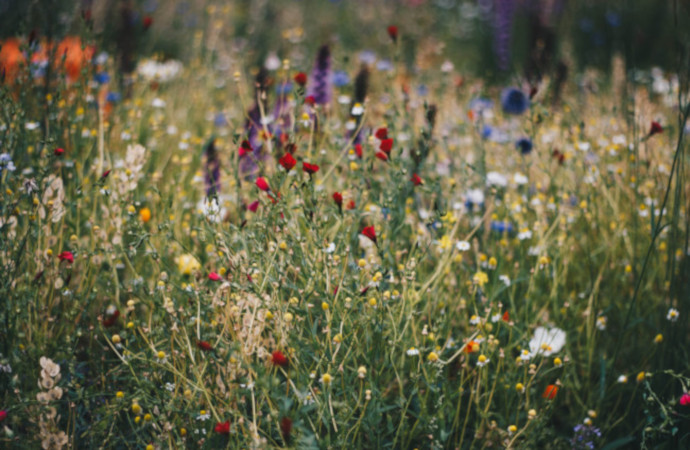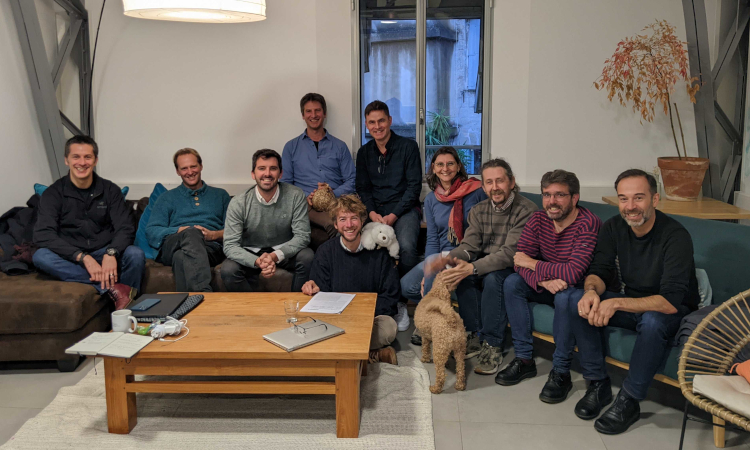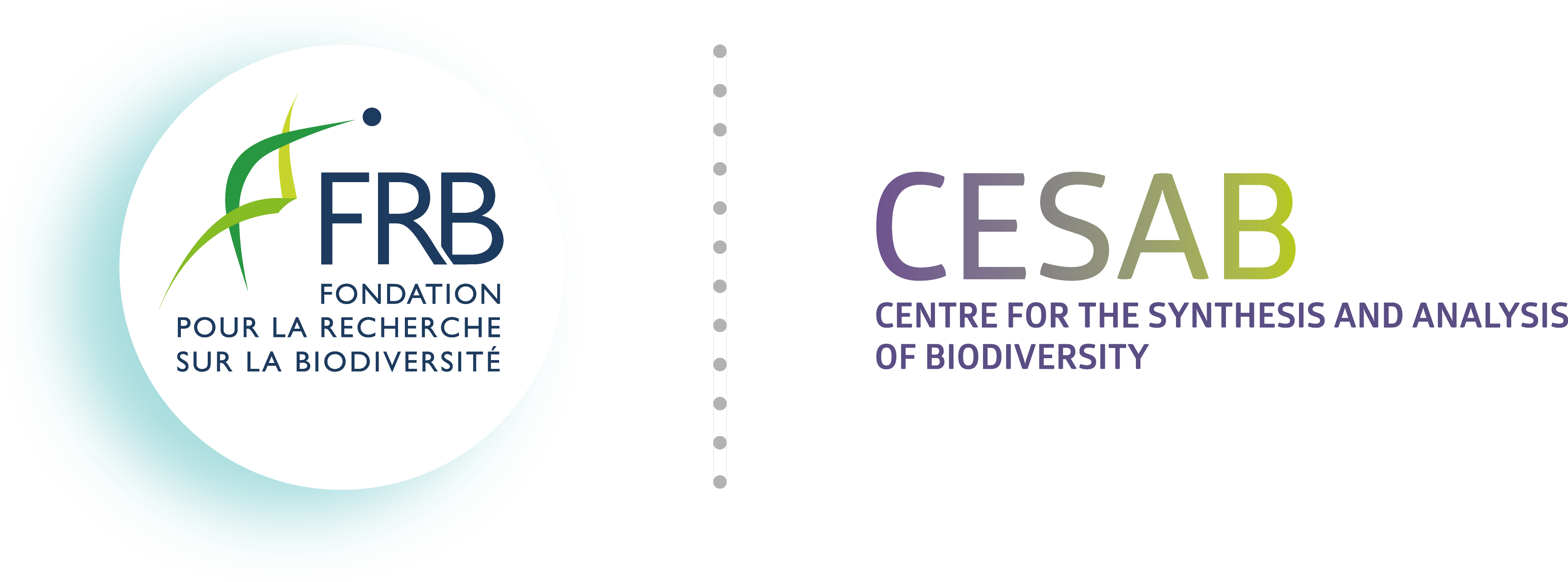DIVERS
From reproductive strategies to species diversity: how evolution of breeding systems and associated traits shapes plant species diversity?

Angiosperms (flowering plants) present an exceptional diversity of breeding systems, with variation both in gender distribution within and among individuals (from hermaphroditism to separate sexes) and in mating patterns (from strict outcrossing to predominant selfing).
Breeding systems have been shown to affect species diversification and to be associated with other life-history and ecological traits. Consequently, breeding systems could be an important determinant of the observed species diversity in flowering plants.
The DIVERS project aims at exploring the hypothesis that the combination of traits associated with breeding systems could be an important key to understanding evolutionary success and plant species diversity. This project seeks to define integrated evolutionary strategies among these traits and to investigate how these strategies can shape the diversification process in flowering plants. This approach should help to identify key components that could explain why some groups of flowering plants flowering plant are more diverse than others, and how combination of traits could influence invasiveness and extinction risks.

DIVERS project members at CESAB in November 2021

Principal investigators:
Sylvain GLEMIN – CNRS Rennes (France);
Jos KAFER – CNRS Lyon (France).
Post-doc:
Andrew HELMSTETTER – FRB-CESAB (France)
DIVERS gathers specialists in biology and reprodcution systems ecology, phylogeny, and evolutionary biology.
DIVERS was selected from the 2018 call for proposals. The selection process was carried out by an independent Scientific Committee.
DIVERS presented their results in a webconference (CESABINAR) that you can (re)watch here:
[04] Anderson B, Pannell J, Billiard S, Burgarella C, De Boer H, Dufay M, Helmstetter AJ, Méndez M, Otto SP, Roze D, Sauquet H, Schoen D, Schönenberger J, Vallejo-Marin M, Zenil-Ferguson R, Käfer J & Glémin S (2023) Opposing effects of plant traits on diversification. iScience, 26, 106362. DOI: 10.1016/j.isci.2023.106362.
[03] Helmstetter AJ, Zenil‐Ferguson R, Sauquet H, Otto SP, Méndez M, Vallejo‐Marin M, Schönenberger J, Burgarella C, Anderson B, de Boer H, Glémin S & Käfer J (2023) Trait‐dependent diversification in angiosperms: Patterns, models and data. Ecology Letters, 26, 504-515. DOI: 10.1111/ele.14170.
[02] Helmstetter AJ, Glemin S, Käfer J, Zenil-Ferguson R, Sauquet H, de Boer H, Dagallier L-PMJ, Mazet N, Reboud EL, Couvreur TLP & Condamine FL (2022) Pulled diversification rates, lineages-through-time plots and modern macroevolutionary modelling. Systematic Biology, 71, 758–773. DOI: 10.1093/sysbio/syab083.
[01] Käfer J, Méndez M & Mousset S (2022) Labile sex expression in angiosperm species with sex chromosomes. Philosophical Transactions of the Royal Society B: Biological Sciences, 377, 20210216. DOI: 10.1098/rstb.2021.0216.
